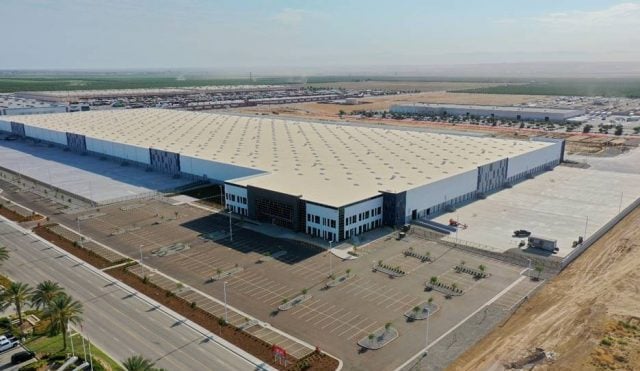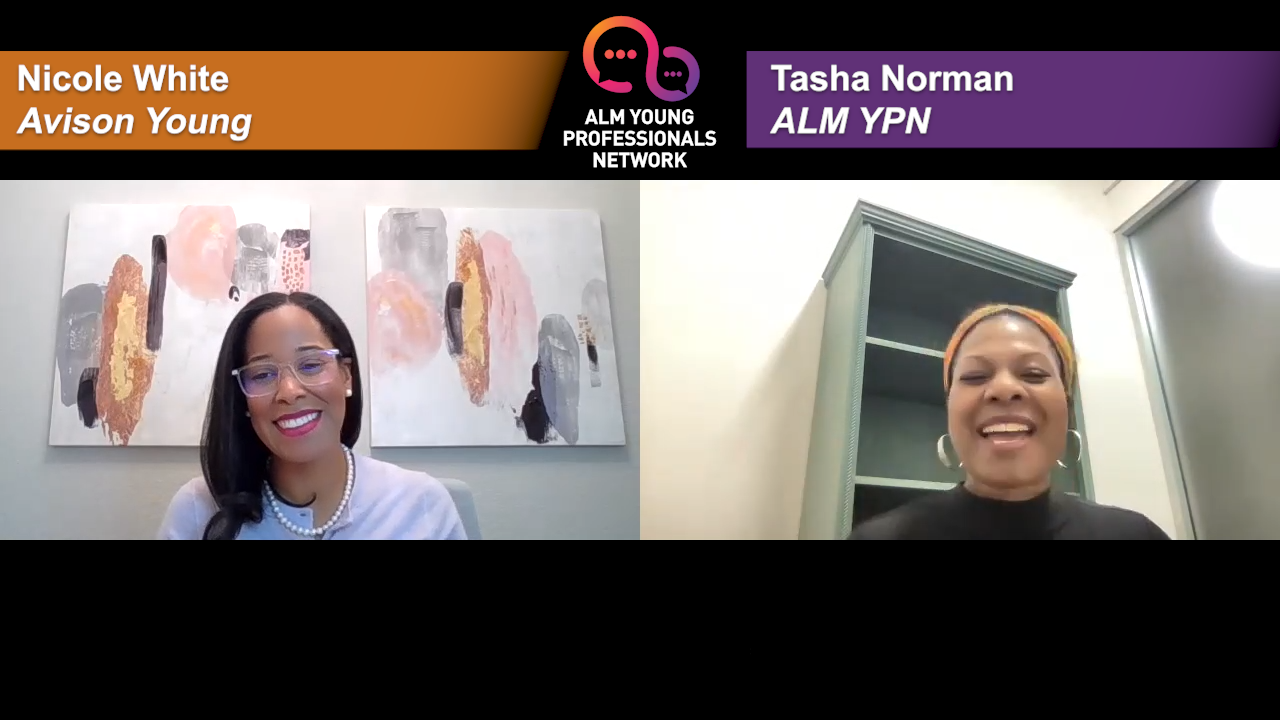SAN FRANCISCO—GlobeSt.com recently had an exclusive chat with Markus Shayeb, SVP of tenant advisory at Transwestern's San Francisco Bay Area office on the trend of tech companies moving from Silicon Valley into San Francisco. In part two of that exclusive Q&A, we chatted about whether or not San Francisco's tech boom was sustainable and why he says that today's tech firms, which cater to a diverse mix of institutional investors, are better off than the last tech boom.
GlobeSt.com: How would you compare the current tech boom in San Francisco commercial real estate to those of previous cycles?
Markus Shayeb: This time around, compared to 1998 to 2000, there are far more companies with stable, revenue-generating business models. There have been acquisitions by fairly large firms with big balance sheets, such as LinkedIn. For the most part, these are not risky tenants: They are high-value firms any landlord would love to have. Compare this to 2000 when investors threw money at any company that was on the internet. We call the firms from both periods tech companies, but today's tech firms cater to a diverse mix of institutional investors, and service all types of industries—payroll, medical records, insurance, you name it.
GlobeSt.com: Is there enough quality, available space in the city for the demand projected by tech firms?
Shayeb: Six months ago, we would have said yes. That product is now dwindling. Look at 350 Mission. Its 451,005 square feet was entirely taken by Salesforce before it was built. When Dropbox moved into 333 Brannan it took a total of 180,000 square feet, and have committed to over 450,000 square feet. Many of buildings that are completely pre-leased are not even under construction yet. Transbay Tower won't be delivered until 2016.
GlobeSt.com: Assuming demand for space continues at or near this pace, and space continues to be constrained, what alternatives will companies consider? Will they be drawn away from San Francisco?
Shayeb: It is naïve to believe that what is going on now means we no longer have real estate cycles. We will always have a cycle, and demand will abate. Things have to sort themselves out a little bit. In the meantime, companies will be drawn away. You have to be looking at Oakland if you're a CEO. There is a threshold for pain. Everybody has it.
I do not believe we will have as hard a landing as we had in 2000. It will be gradual. It will go to stagnation first. But rentals will still end up higher than they were. And over the next two years they will still be increasing.
Don't forget to keep an eye out for the June issue of Real Estate Forum for our San Francisco feature, which will dive much further into this topic.
Continue Reading for Free
Register and gain access to:
- Breaking commercial real estate news and analysis, on-site and via our newsletters and custom alerts
- Educational webcasts, white papers, and ebooks from industry thought leaders
- Critical coverage of the property casualty insurance and financial advisory markets on our other ALM sites, PropertyCasualty360 and ThinkAdvisor
Already have an account? Sign In Now
© 2024 ALM Global, LLC, All Rights Reserved. Request academic re-use from www.copyright.com. All other uses, submit a request to [email protected]. For more information visit Asset & Logo Licensing.








